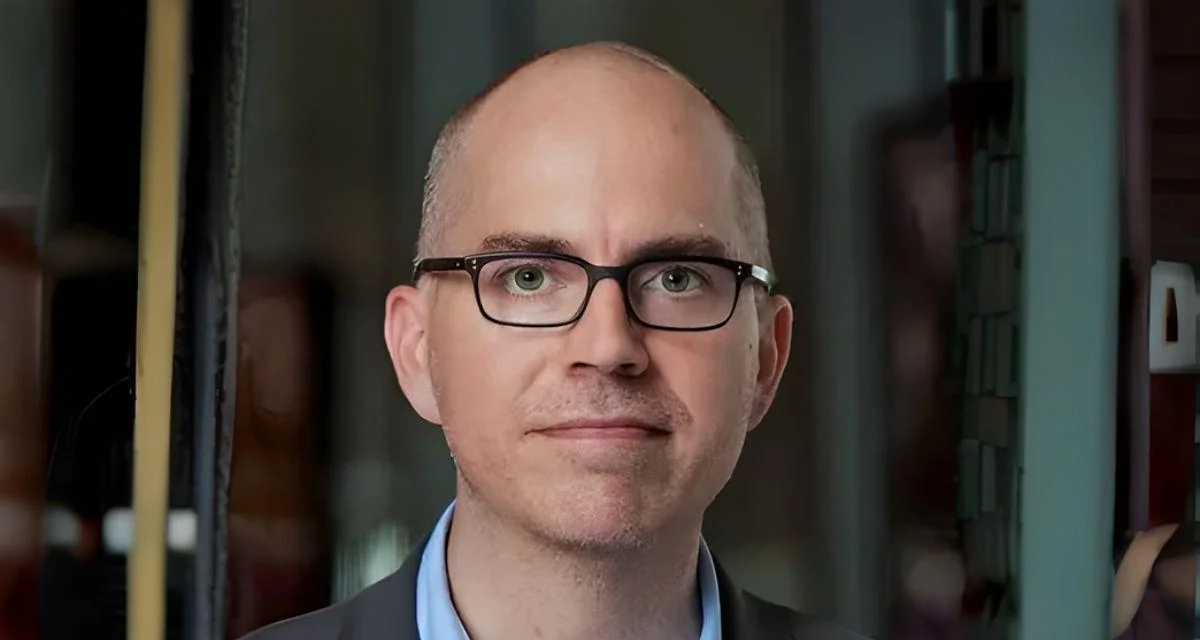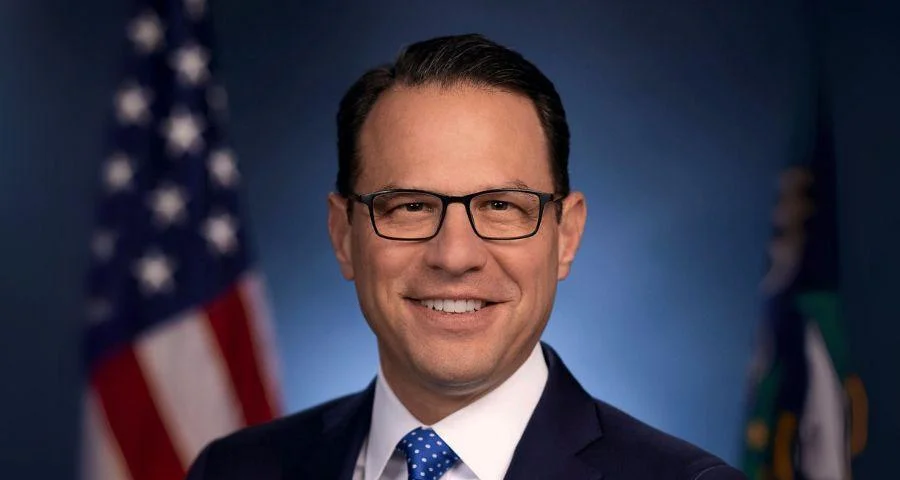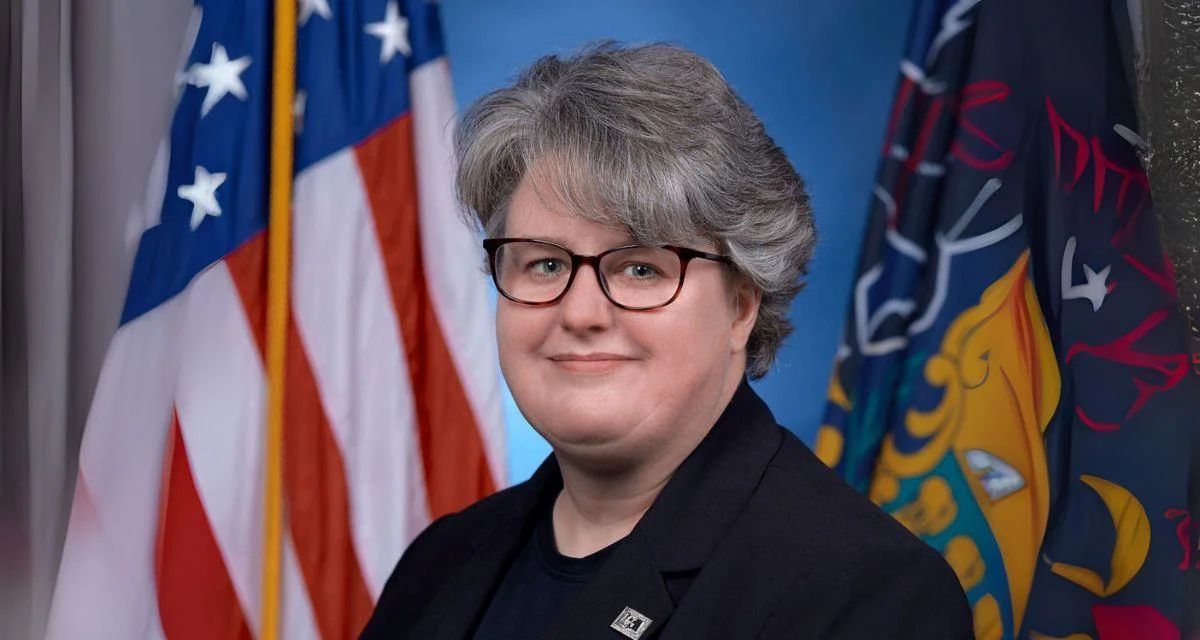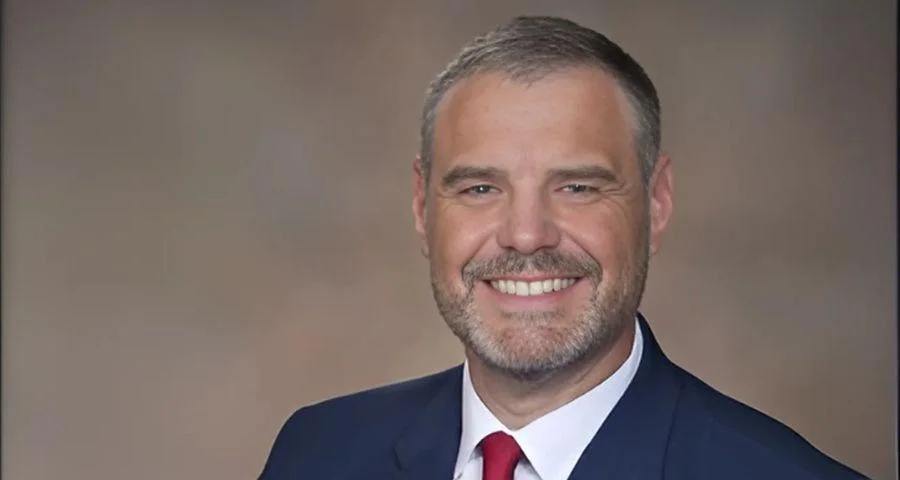
More than 3,000 teachers responded to the Travis Institute of Educational Policy’s COVID-19 survey. | Stock Photo
The Travis Institute of Educational Policy reported survey results regarding the role of COVID-19 in the current education environment.
“Teachers have been struggling since March, and many have either quit or have threatened to quit. In a profession that already has a high burnout rate, 2020 is not making things better,” the institute’s blog stated.
From Nov. 11 to Nov. 30, a 10-question survey was completed and returned by 3,487 teachers across the state.
Of the secondary school teachers participating in the survey, 74% responded that they are teaching via a hybrid in-class/virtual approach.
“49% of respondents felt that their district was doing the best they can, while 19% felt that their districts’ demands were not realistic. Overall, teachers do understand that districts are trying to deal with a situation they have never had to deal with before,” the survey report stated.
The institute stated that a lower-than-anticipated 10.87% of respondents claimed that they plan to quit or retire in January.
Upon reviewing the survey’s findings, the institute raised a number of questions as to how education will continue moving forward.
"The big questions that will need to be addressed over the next few months and years are: How do we go about it? How can we shift a paradigm that is firmly cemented into the fabric of society? Or do we go running back to the system that has been broken for years and embrace it like an old friend?" the blog states.
According to the Travis Institute, the survey indicates that teachers are concerned about their safety and their ability to educate students under current conditions.
“Based on the results of this survey, we believe that districts and the state need to do better for the students and teachers. It would also help if the teachers would be allowed to hold students accountable. Students and parents need to quit seeing education as a process in which they are only observers and not active participants,” the institute stated.





 Alerts Sign-up
Alerts Sign-up